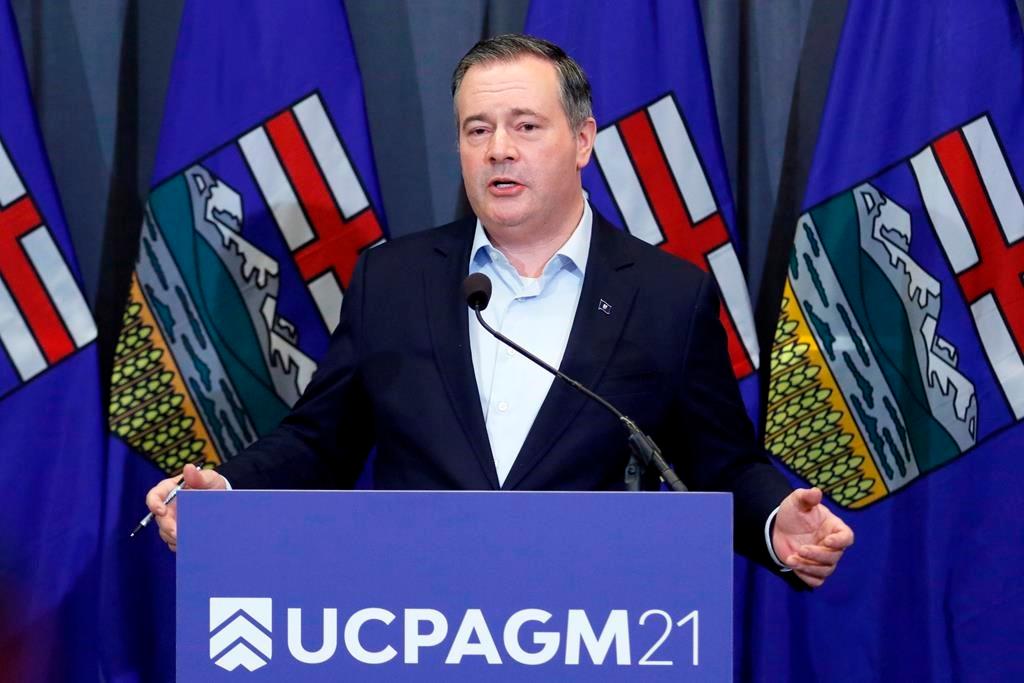Alberta Premier Jason Kenney said the province is ready to move on to the next phase of its reopening plan on March 1, as the numbers of COVID-19 transmissions and hospitalizations “continue to decline rapidly.”
“With these promising trends, we are in a position to safely move to Step 2 of our path back to normal and remove the vast majority of remaining public health measures in Alberta,” Kenney announced during the opening ceremony of the Grande Prairie Regional Hospital in northwestern Alberta on Feb. 26.





